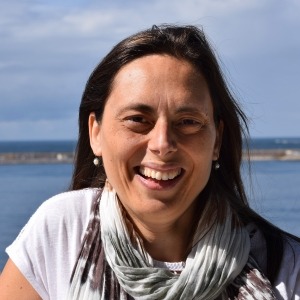

Team Leader
Maria de Fátima Carvalho holds a degree in Microbiology and a PhD in Biotechnology from the Portuguese Catholic University. She is currently principal investigator at CIIMAR, where she leads the research team Microbial Biodegradation and Bioprospecting. Her research interests are focused on two main lines (i) development of biotechnological strategies for the removal of organic environmental pollutants, with special emphasis on fluorinated compounds and (ii) bioprospecting actinobacteria from diverse sources (from terrestrial to marine environments) for the discovery of novel molecules with relevant biotechnological applications.









